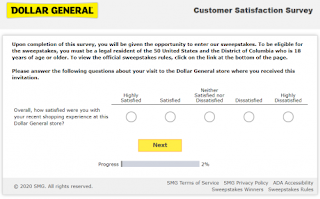Exploring Blooket Hacks: Enhancing Learning Ethically
In the realm of educational gaming platforms, Blooket stands out as a captivating tool that amalgamates learning and entertainment. With its engaging interface and various game modes, it has become a favorite among teachers and students alike. However, the term "Blooket hacks" has surfaced, eliciting curiosity about potential shortcuts or strategies within the platform.
Understanding Blooket
Blooket is an online platform designed to make learning more enjoyable. It employs gamification techniques to transform traditional learning content into interactive games. Users create and customize their games (referred to as "Blooks"), covering topics from math and science to history and languages.
What Are Blooket Hacks?
The term "Blooket hacks" often refers to methods or techniques that some users seek to gain an advantage or alter the intended use of the platform. These can range from innocent strategies to enhance learning experiences to more unethical practices aiming to manipulate scores or game outcomes.
Ethical Use of Blooket
While the concept of "hacks" might intrigue users seeking shortcuts or advantages, it's crucial to emphasize the ethical use of any platform, especially in educational settings. Blooket's primary objective is to facilitate learning, and ethical usage preserves the integrity of the learning process.
Positive Approaches to Enhance Blooket Experience
Rather than seeking shortcuts or unethical means, there are several positive and ethical approaches to make the most out of Blooket:
Thoroughly Explore Blooket Features: Take time to understand all the features and game modes available on Blooket. Explore options such as "Factory" to create custom games or "Live Mode" for real-time challenges.
Collaborative Learning: Encourage collaborative learning experiences by organizing group activities or team challenges within Blooket. This fosters teamwork and helps in reinforcing the learning objectives.
Creating Engaging Content: Utilize Blooket to create interactive quizzes, flashcards, or study guides. Engage students by incorporating multimedia elements like images and videos.
Feedback and Improvement: Use Blooket as a tool for feedback. Analyze the game statistics and performance to identify areas where students might need additional support or clarification.
Risks of Unethical Practices
Engaging in unethical practices or attempting to manipulate Blooket for personal gain carries inherent risks:
Loss of Learning Opportunities: Overreliance on hacks can overshadow the primary goal of learning, hindering students' growth and understanding of the subject matter.
Violation of Policies: Manipulating scores or outcomes may violate the terms of use of Blooket or academic integrity policies established by educational institutions.
Impact on Credibility: Students' credibility and trustworthiness may be compromised, affecting their academic reputation.
Conclusion
In the world of educational platforms like Blooket, the focus should be on leveraging its features to enhance learning experiences ethically. "Blooket hacks" should not be synonymous with shortcuts or unethical practices but should reflect innovative and engaging ways to make learning enjoyable and effective.
By embracing the platform's features to create stimulating content and fostering collaborative learning, educators and students can maximize the benefits of Blooket while upholding the integrity of the educational process.
In essence, the true "hack" lies in creatively using Blooket's resources to facilitate a richer and more impactful learning journey for all users involved.


.png)
Comments
Post a Comment